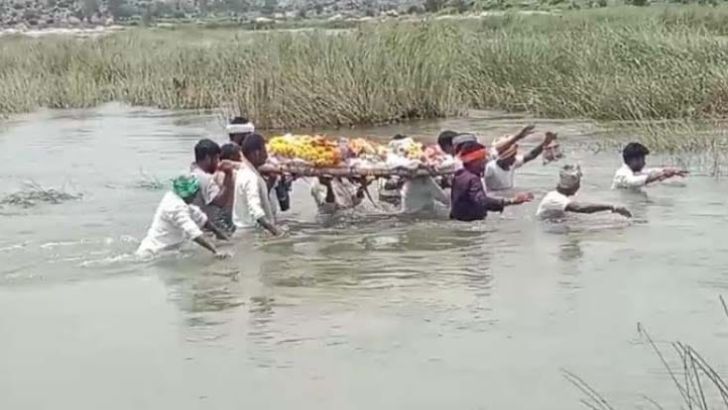‘Puneet Hrudaya Jyothi' has given me most satisfaction as health minister: Dinesh Gundu Rao
In an interview with Salar News, Rao takes pride that Karnataka is the first state to have a proper policy on the ‘Right To Die With Dignity’.
Salar News
-
Karnataka Health Minister Dinesh Gundu Rao
Bengaluru, 21 July
One of the first acts of Dinesh Gundu Rao, after he took charge as
health and family welfare minister in 2023, was to review the conditions of
state-run dialysis centres and the process in which tenders were issued. He
felt the rates were high and called for fresh tenders. Son of Karnataka's
former chief minister R Gundu Rao, he has been representing Gandhinagar
constituency in Bengaluru since 1999. In an interview with Salar News, Rao
takes pride that Karnataka is the first state to have a proper policy on the
‘Right To Die With Dignity’.
1. What prompted you to implement the Supreme Court's 2018 verdict on
the ‘Right To Die With Dignity’. How different is Karnataka's model from
Kerala?
This was an issue that was brought to our notice by some organisations.
When we looked at it, we realised its importance. The Supreme Court had given
guidelines, but they had not been implemented across the country. Kerala, to
some extent, had done something such as the process of the legal form of
euthanasia. We came out with a proper policy after discussing with the various
stakeholders and Karnataka was the first in the country to come out with the
Advanced Medical Directive, which when a person is healthy, he can make a
medical or living will on what actions should be taken if he is no longer to
take decisions because of illness or incapacity. The second aspect is when
someone is terminally ill, a process has been laid out, where the family and
the medical experts can make a decision on how to end the person's life.
2. While the Karnataka government's decision on ‘Right To Die With
Dignity’ and the Advance Medical Directive has been hailed, it has also raised
ethical and legal challenges as the euthanasia issue remains controversial with
concerns about the potential for misuse or undue influence on vulnerable
patients?
No, it's a watertight process. There's a committee in the hospital which
has to certify and another panel of medical experts who will have to approve.
It cannot just be that someone can just simply takes a decision. It's a
multiple-layered process which ensures that the decision is taken after
everybody is on board and is certified. There's no scope for manipulation.
3. Your department took the initiative of banning use of artificial
colours in cotton candy, gobi manchurian and kebab, and use of plastic sheets
in steaming idlis. Now, it has sought the Centre's intervention in setting
national guidelines for tattooing. Did you face any hurdles?
We didn't face any problem. We brought awareness among people that these
preparations are harmful. They were using plastic sheets to steam idlis. Our
food safety department, I think after a long time, seemed to be effective in
its functioning. Regarding tattoos, the department found that 22 types of
metals were being used in the tattooing ink and we sought the Centre's
intervention for framing guidelines to ban it. People went to court, but the
judiciary stood by us. We have also amended the Tobacco Prohibition Act. Some
people tried to put pressure, but we were clear in our stand. Most of the
opposition was behind the curtains. We did not oblige anyone, and they also
attempted to curb it through the legal process, but we won the case.
4. You have advocated mandating electric vehicles for public transport
in Bengaluru citing air pollution, as conventional fuel was causing air
pollution leading to health issues. Is there any data with the health
department on Bengaluru's Air Quality Index?
Yes. That's basically to promote clean energy. We requested the
transport department to take steps on these lines as we cannot issue orders and
60 per cent of the pollution is because of conventional vehicles. The internal
combustion engines of all the petrol and diesel vehicles are one of the main
causes for pollution and Bengaluru should not become like New Delhi.
5. How do you assess the performance of hospitals that come under your
department? What are your plans to improve them?
Ours is a public health system and we have hospitals at the district and
taluk levels, community and primary health centres. It's a vast network and
there are problems. Karnataka, when compared to hospitals in the country, is
much better, but states such as Tamil Nadu and Kerala are better than us. We
are working on various aspects of how to improve services, availability of
drugs and ensure that doctors are present.
6. How important is Artificial Intelligence and technology in the health
field?
Technology and data management are important. We are starting health
management information system. It is under a trial process in four districts
right now. In a couple of months, we are finalising the process to have data of
patients so that they do not have to carry their medical records such as
X-rays, which can be accessed online. We are using artificial intelligence in diagnosis.
7. As minister in charge of Dakshina Kannada district, you accused the
fringe elements of exploiting incidents of violence for political gain. Who is
gaining from these killings?
There are people on all sides, all sections and organisations who indulge
in this kind of activity. There are extreme parties like the BJP or the
Socialist Democratic Party of India (SDPI) and under them, fringe organisations
such as Bajrang Dal are there. They are the ones who cause all the problems.
Whatever ideology one believes in, hate speeches and inciting people will not
be allowed.
8. How is the State government's Shuchi-Nanna Maitri (menstrual cup
programme) doing?
This programme was there earlier too, but had been discontinued in the
last four or five years. We have revived it. The response has been good and we
want girls to start using menstrual cups as it has less impact on the
environment, is hygienic and also practical. We have started in two districts
this year and plan to expand it.
9. You started counselling to ensure transparency in transfers, how is
it working?
Counselling was started to ensure postings are done based on the
candidates' criteria and not due to influence. For the first time, 5,000 plus
transfers were done through counselling. The transfers through counselling are
choice-based.
10. Your tenure as KPCC President from 2018 to 2020 was not an easy one.
There was a change of government and you also resigned in December 2019 after
the party lost in the Assembly bypolls. How difficult was it?
It was a difficult period as the JD(S)-Congress government fell due to
defections and in the by-elections held later to seats vacated by the
defectors, my party lost. I took moral responsibility for the poor performance
in the bypolls and resigned.
11. You have a legacy of being a former chief minister's son, do you
plan to groom anyone from your family as your political heir?
No such plans for the present. But I cannot say what will happen in the
future. Presently, there is nobody in the family who seems to be interested in
joining politics.
12. Which project has given you satisfaction as Health Minister?
I don't know if we've done many programmes. I think anything that we do,
it's with passion. There's one project that worked very well - Puneet Hrudaya Jyothi
scheme, which has saved over 200 lives from cardiac arrest. Under the scheme
free injections and medicines are being given. This has given me a lot of
happiness.
Watch the interview on Salar Youtube channel @dailysalardigital
Link: https://www.youtube.com/watch?v=5baq1Wr3wF8
Leave a Reply
Your email address will not be published. Required fields are marked *








.jpg)

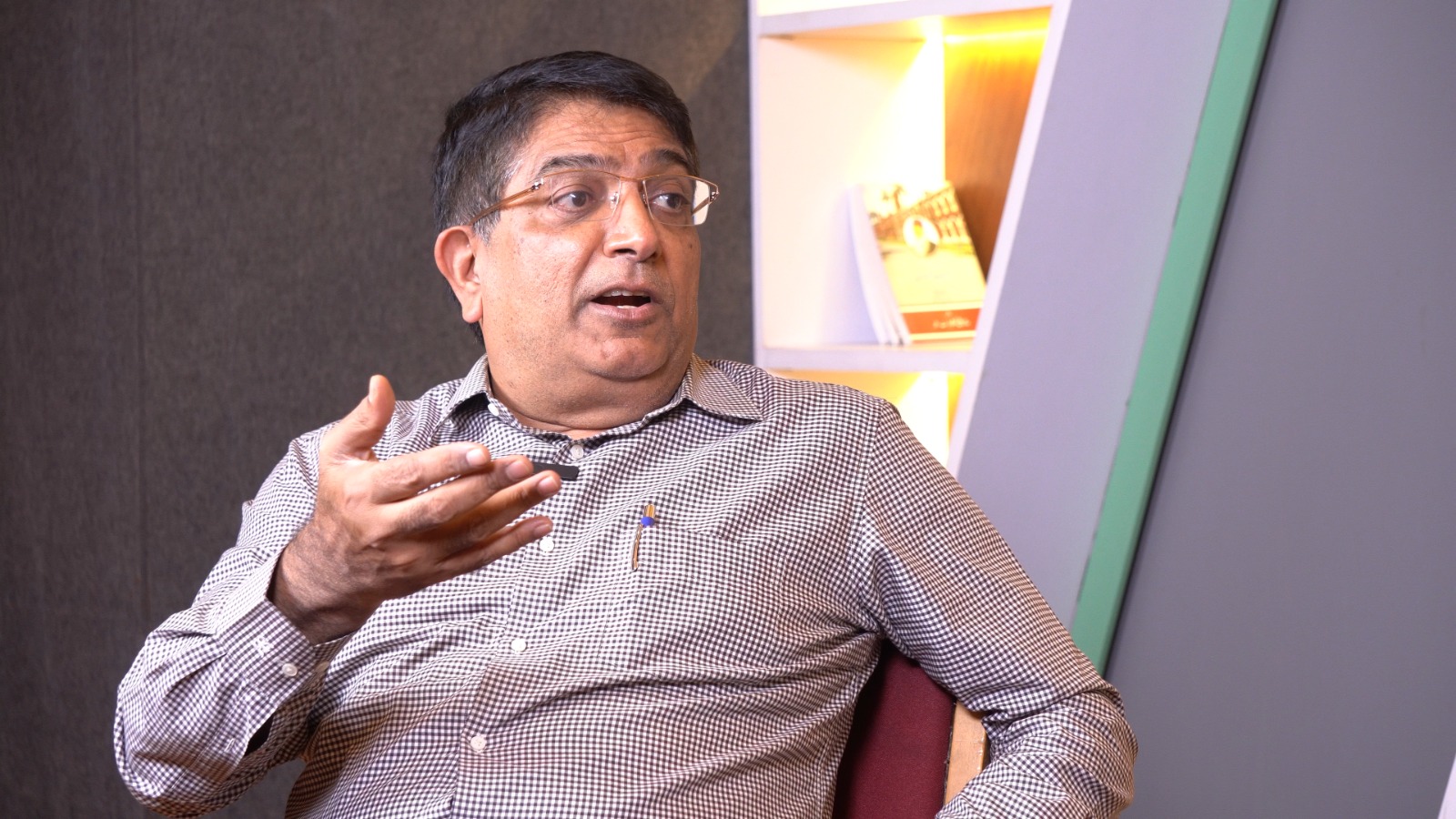
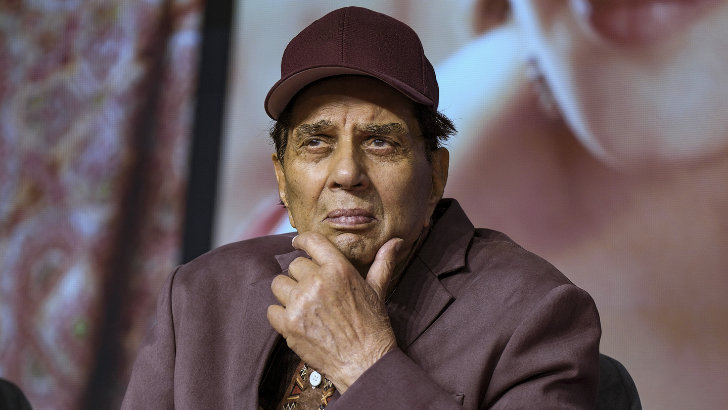
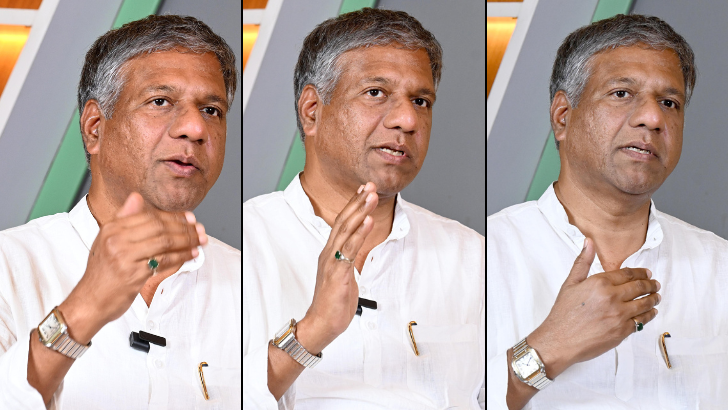
.png)
.png)
.png)
.png)
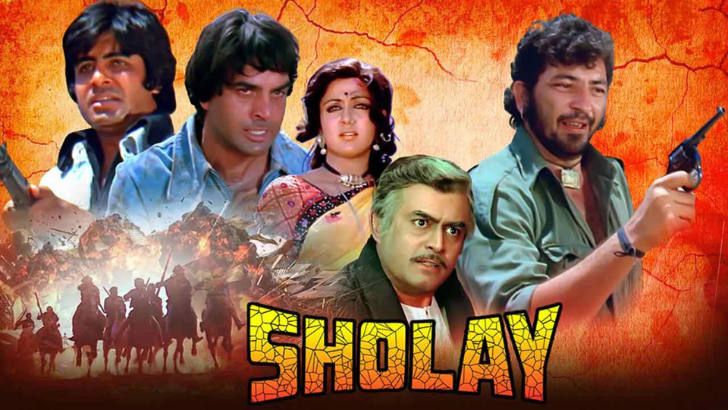
.jpg)
